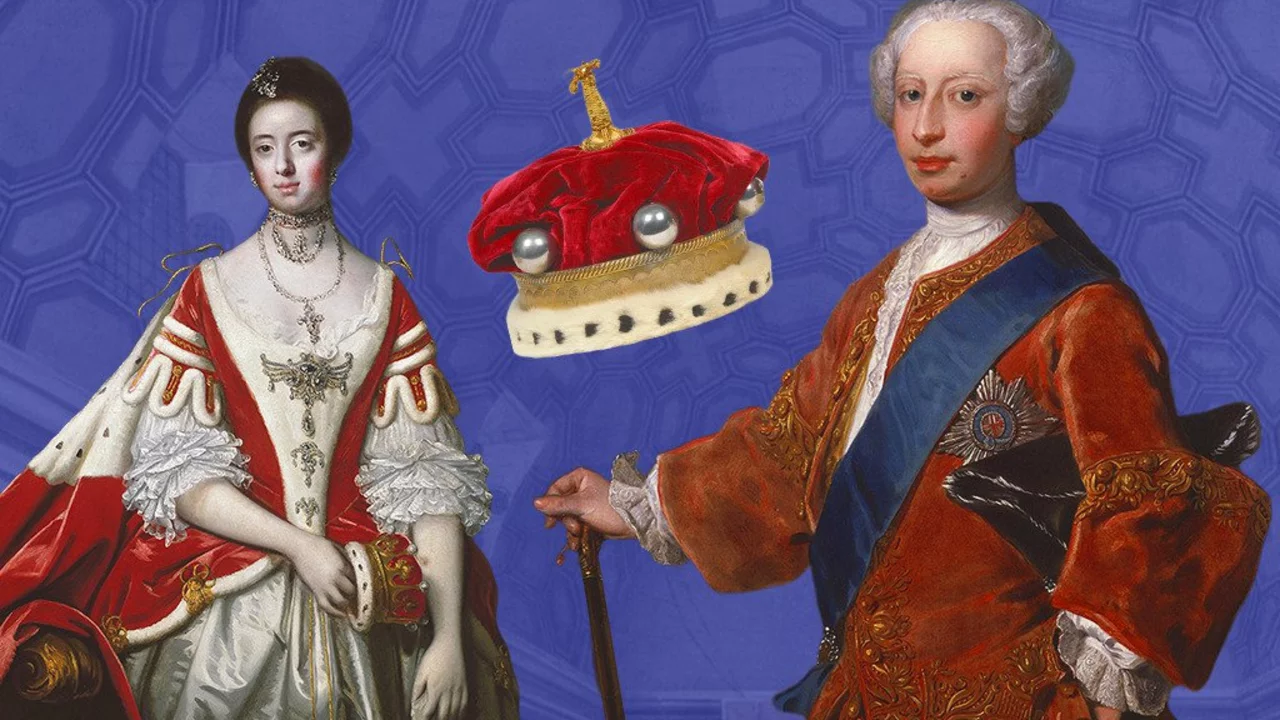The History of Dukes and Earls in England
Delving into the history of England, it's impossible not to encounter the aristocratic titles of Dukes and Earls. Both of these titles have a rich history, full of intrigue, power struggles, and significant impact on the development of England as a nation. The title of Duke, derived from the Latin 'Dux', was traditionally given to those who held high military rank. On the other hand, the title of Earl, traced back to the old English 'eorl', was bestowed upon individuals who served as advisors to the king.
Over the centuries, these titles have evolved and changed, sometimes gaining in prestige and sometimes losing it. Despite these fluctuations, they have remained an integral part of the British aristocracy. The history of Dukes and Earls in England is a fascinating tale, full of colorful characters, political maneuvering, and the rise and fall of powerful families.
How Dukes and Earls Fit into the British Aristocracy
In the hierarchy of the British aristocracy, Dukes and Earls hold significant places. The title of Duke is the highest rank in the British peerage, just below the monarch. Dukes often held large tracts of land and had considerable influence in the country. The title of Earl, while not as prestigious as that of Duke, was still a mark of high status in society.
Although the power and influence of the Dukes and Earls have diminished over time, their titles still carry a certain weight. Today, they are still recognized as part of the British nobility and are often involved in various social and charitable activities. Being a Duke or an Earl in modern England might not carry the same power it did in the past, but it is still a title of distinction and respect.
How to Become a Duke or an Earl in Modern England
Becoming a Duke or an Earl in modern England is not an easy task. These titles are not something you can earn or apply for; they are inherited. When a Duke or an Earl dies, the title usually passes on to their oldest son. If there is no male heir, the title can become extinct, or in some cases, it may be passed on to a distant relative.
There have been instances where the monarch has created new Dukedoms or Earldoms, but this is a rare occurrence. Most of the existing titles have been around for centuries and are deeply embedded in the history and tradition of the country.
The Role of Dukes and Earls in Modern England
So, what role do Dukes and Earls play in modern England? Well, in terms of political power, not much. The House of Lords, where Dukes and Earls once held considerable influence, has been reformed, and hereditary peers no longer have an automatic right to sit and vote. However, a few hereditary peers, including some Dukes and Earls, are elected by their peers to represent them.
Despite the loss of political power, Dukes and Earls still play a role in British society. They often act as figureheads for various charitable organizations and social causes. They also play a part in ceremonial functions, such as the State Opening of Parliament and other royal events.
Notable Dukes and Earls in England Today
There are several notable Dukes and Earls in England today. One of the most famous is probably the Duke of Cambridge, Prince William, who holds one of the royal dukedoms. Another significant figure is Ralph Percy, the 12th Duke of Northumberland, who is one of the richest landowners in the country.
On the other hand, we have the likes of Edward Fitzalan-Howard, the 18th Duke of Norfolk, who is the Premier Duke of England and holds the office of Earl Marshal, responsible for organizing state ceremonies. There's also Charles Spencer, the 9th Earl Spencer, brother of the late Princess Diana, who is a noted author and broadcaster.
Conclusion: The Enduring Legacy of Dukes and Earls
While the power and influence of Dukes and Earls in England have decreased over the centuries, their titles and roles continue to be a part of the rich tapestry of British history and culture. Their legacy endures, not just in the grand castles and estates they often inhabit, but also in the traditions, ceremonies, and charities they uphold.
So, to answer the question - yes, there are still Dukes and Earls in England. They may not wield the same power they once did, but their titles and roles continue to add a touch of history and prestige to modern England.
